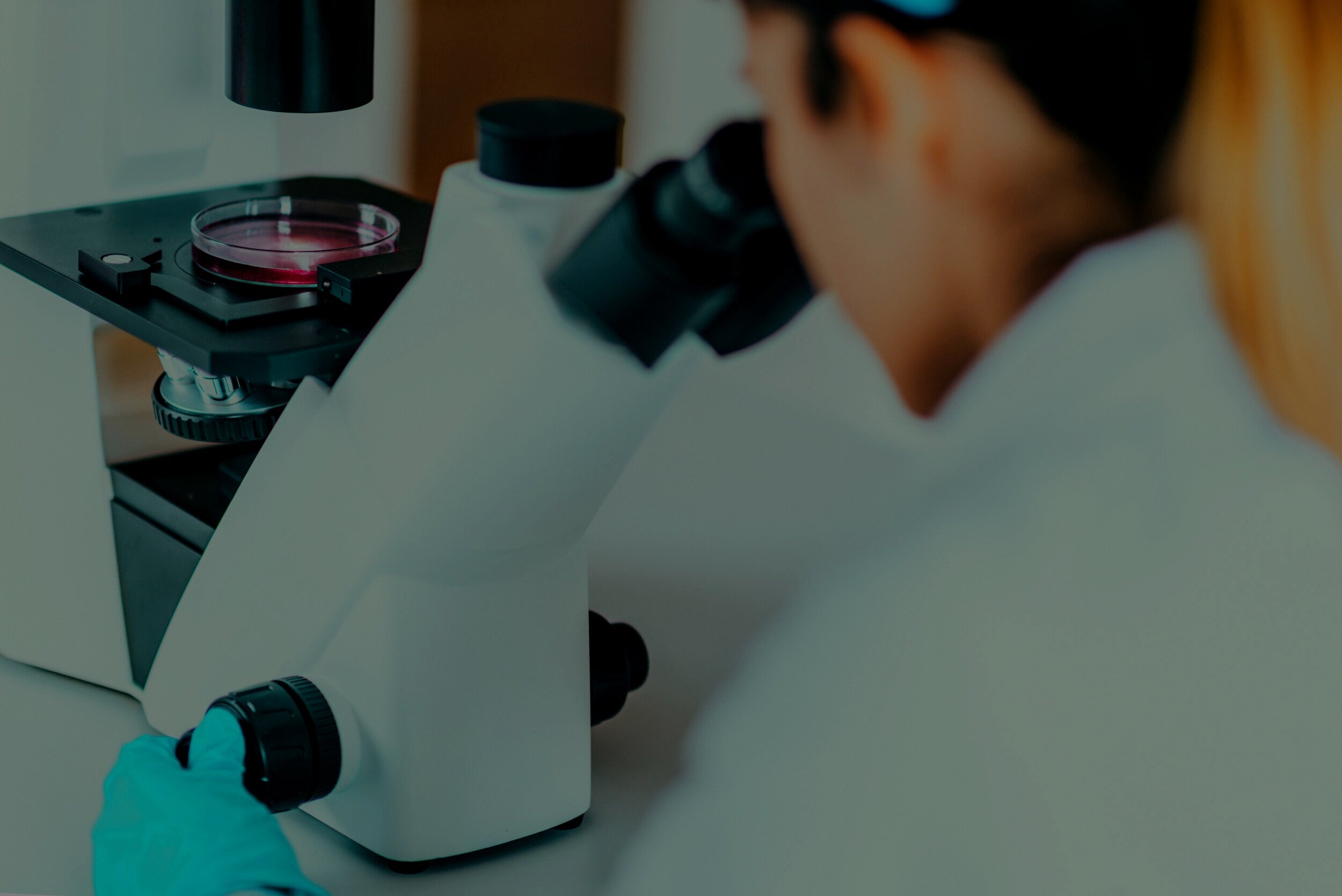
National Research Partnerships
STA partners with the following national entities to provide available organs for placement in research studies:
International Institute for the Advancement of Medicine (IIAM)
Promethera
National Development and Research Institutes (NDRI)
Network for Pancreatic Organ Donors with Diabetes (nPOD)
The APOLLO Study – National Institute of Health
Coordinated by Wake Forest School of Medicine
Southwest Transplant Alliance is currently participating in APOLLO, a national observational study testing kidney donors and kidney transplant recipients for variants of the APOL1 gene. The purpose of APOLLO is to improve the lives of those who donate or receive a kidney by learning more about the genetic variations in the APOL1 gene that are found in some people of African descent. This collaborative effort engages the existing network of Organ Procurement Organizations and HLA Laboratories, a community advisory council comprised of kidney donors, recipients and advocates, and approximately 240 transplant programs across the United States – all with the sole mission of better understanding the impact of the APOL1 gene on kidney transplantation outcomes.
Learn more at WWW.THEAPOLLONETWORK.ORG
Johns Hopkins University
Southwest Transplant Alliance has partnered with the world-renowned research institution Johns Hopkins University to collaborate, conduct research, and design prospective studies that include both qualitative and quantitative data. This invaluable partnership will allow STA to co-publish studies that help increase donation rates, improve donation and transplantation processes, and standardize industry practices.
Local Research Support
STA partners with the transplant centers and medical schools within our service area to provide organs and tissue for specific research projects.
Baylor University Medical Center Dallas
Esophagus and Stomach
Researching the cellular aspect of the donor esophagus and upper stomach to characterize and compare with those of patients with achalasia or esophago-gastric junction outflow obstruction.
Pancreas
Studying donor pancreases to continue improvement on the transplantation of Pancreas Islet Cells.
Human Dorsal Root Ganglion and Spinal Root Column Study
Seeking solutions to pain and the opioid use epidemic
This project is focused on better understanding the nerve cell populations in the human Dorsal Root Ganglion (hDRG). This donated tissue will be used to create and contribute to an hDRG RNA gene database that will help researchers around the world understand how this tissue can be targeted for better non-opioid pain treatment. Gifts of donated tissue from donors are needed to accelerate progress in the field and will aid in the discovery of new targets for non-opioid pain therapies.
University of Texas Southwestern Medical Center
Heart
UTSW Medical school is conducting research on the Cardiac Metabolism in Donor hearts, specifically to evaluate for cold x-vivo perfusion. They are also looking at investigating the cellular change of hearts with hypertrophic cardiomyopathy.
Liver
This study examines the function of discard livers using ex-vivo normothermic machine perfusion. Existing and novel biomarkers will be compared to hepatocyte function at multiple time points. This will indicate which biomarkers should be used to determine improved function in discard livers.
Another liver study focuses on DCD liver utilization by finding another marker to better predict graft outcomes and risk of loss, thereby increasing the number of transplants.
Lungs
Current research on donor lungs specifically looks into the use of X-Vivo lung perfusion and the ability to improve lungs and increase the number of lungs for transplantation.
Prostate and Bladder
Research on donor prostate and bladder maps out healthy tissue to better understand the process of Benign Prostatic Hypertension as well as prostate cancer. This project has also been involved and submitted data for the International Human Cell Atlas Project.
Support our research efforts to save more lives.
The Southwest Transplant Alliance Foundation supports programs that enhance our research capabilities and outcomes.
Research Entities - Partner with STA!
Southwest Transplant Alliance welcomes the opportunity to support donation for research to help expand the knowledge and understanding of diseases and health science that could lead to better health and healthcare. By completing the application for donated biospecimen samples for your project, STA’s research evaluation team will begin assessing the scope of the request and provide input to you.
It is important that you be as specific as possible with the details asked for in the form. Upon receipt of your application, our research team will contact you to discuss your protocols and if/how we can fulfill them. If you have any concerns with your submission or have questions for us, please email us.






